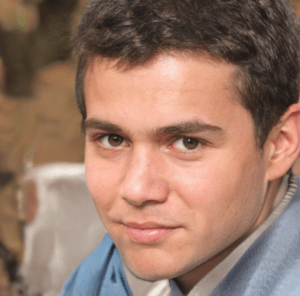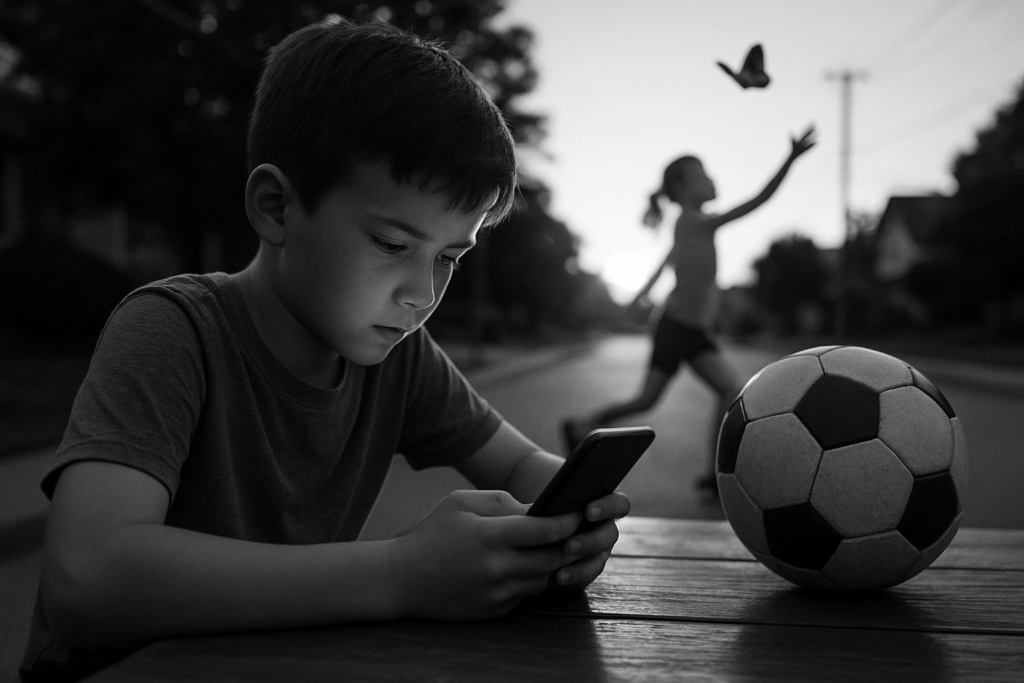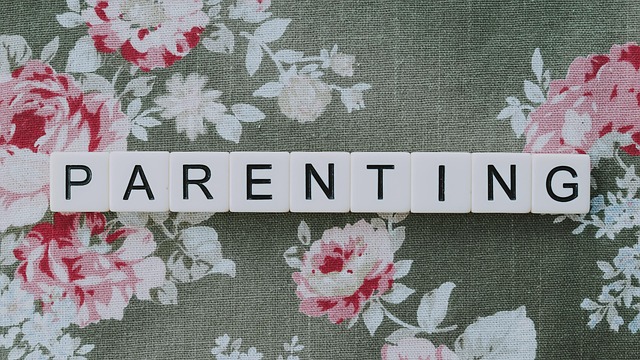Importance of Play in Early Childhood Development
Play is not just a fun activity for young children; it’s a crucial component that significantly impacts their overall development. In fact, research has shown that play helps children build essential skills, enhances their creativity, and fosters social and emotional growth.
The Power of Play
Preschool quotes about play: “Play is the highest form of research.” Albert Einstein “Children need the freedom and time to play.” Jean Piaget
Physical Development: Play allows children to develop their gross and fine motor skills by engaging in activities like running, jumping, climbing, and drawing. It helps them build strength, coordination, and balance, laying a solid foundation for their physical wellbeing.
Cognitive Development: Through play, children explore their environment, solve problems, and use their imagination. Whether it’s building blocks, puzzles, or pretend play, these activities stimulate their brains, improving their memory, concentration, and critical thinking skills.
Social and Emotional Growth
Preschool quotes about play: “Play is our brain’s favorite way of learning.” Diane Ackerman “In play, a child always behaves beyond his average age, above his daily behavior.” Lev Vygotsky
Social Skills: Play provides children with opportunities to interact with their peers, learn to take turns, share, and collaborate. These social interactions help them develop communication skills, empathy, and the ability to build relationships with others.
Emotional Regulation: Play allows children to express their feelings, thoughts, and experiences in a safe and controlled environment. Whether they’re roleplaying, using art materials, or engaging in sensory play, these activities help them regulate their emotions and cope with stress.
Nurturing Creativity
Preschool quotes about play: “You can discover more about a person in an hour of play than in a year of conversation.” Plato “Play is the work of the child.” Maria Montessori
Imagination and Creativity: Play encourages children to think outside the box, invent new scenarios, and explore endless possibilities. Whether they’re creating a makebelieve world, putting on a puppet show, or engaging in musical activities, play sparks their creativity and innovation.
ProblemSolving Skills: Play presents children with challenges and obstacles that require them to think critically, experiment, and come up with solutions. By engaging in games, puzzles, and handson activities, children learn to strategize, adapt, and overcome obstacles, honing their problemsolving skills.
In conclusion, play is not just a simple pastime for young children; it’s a fundamental aspect of their development that shapes their physical, cognitive, social, and emotional wellbeing. By incorporating play into early childhood education and everyday life, parents and educators can nurture children’s growth, creativity, and social skills, setting them up for success in the future.



